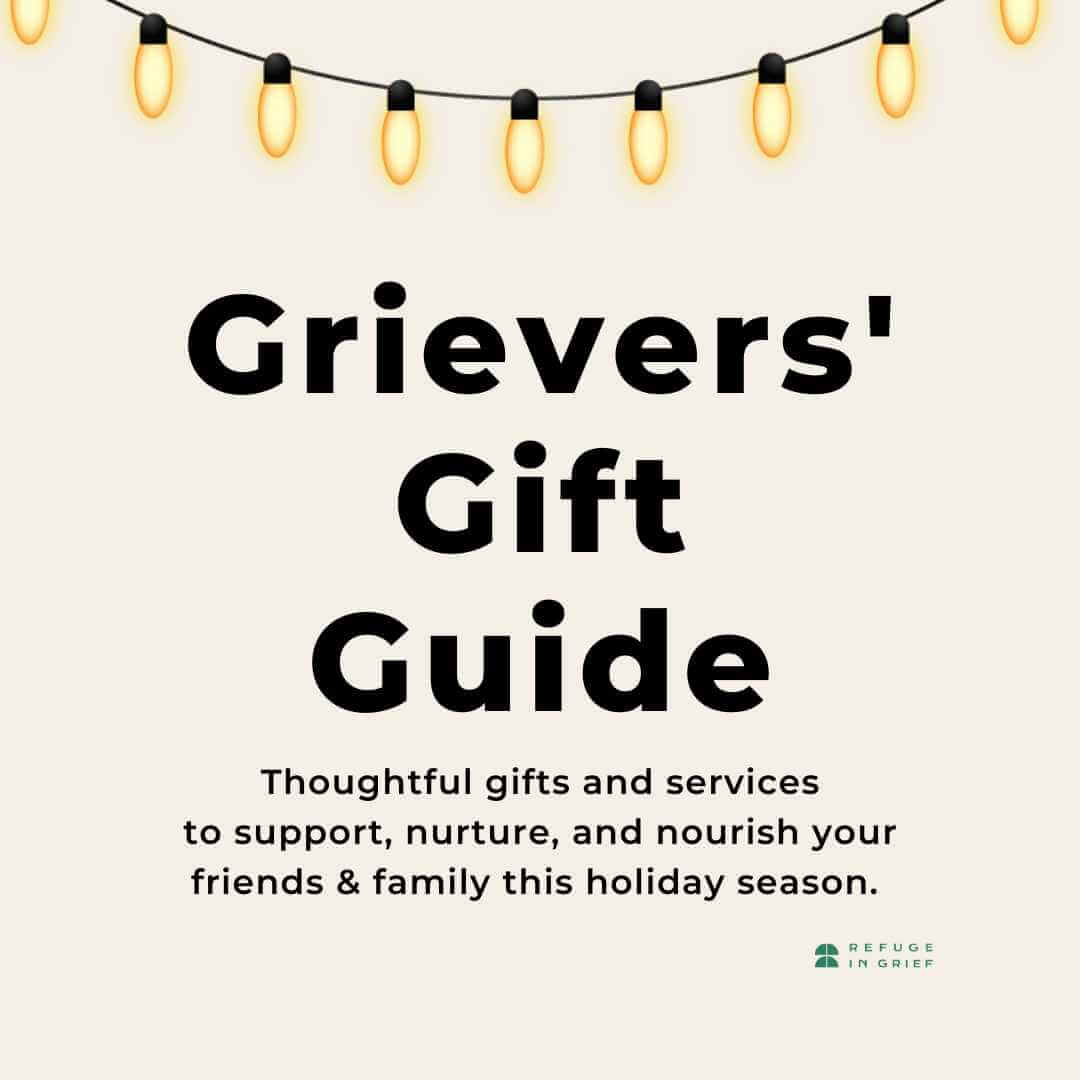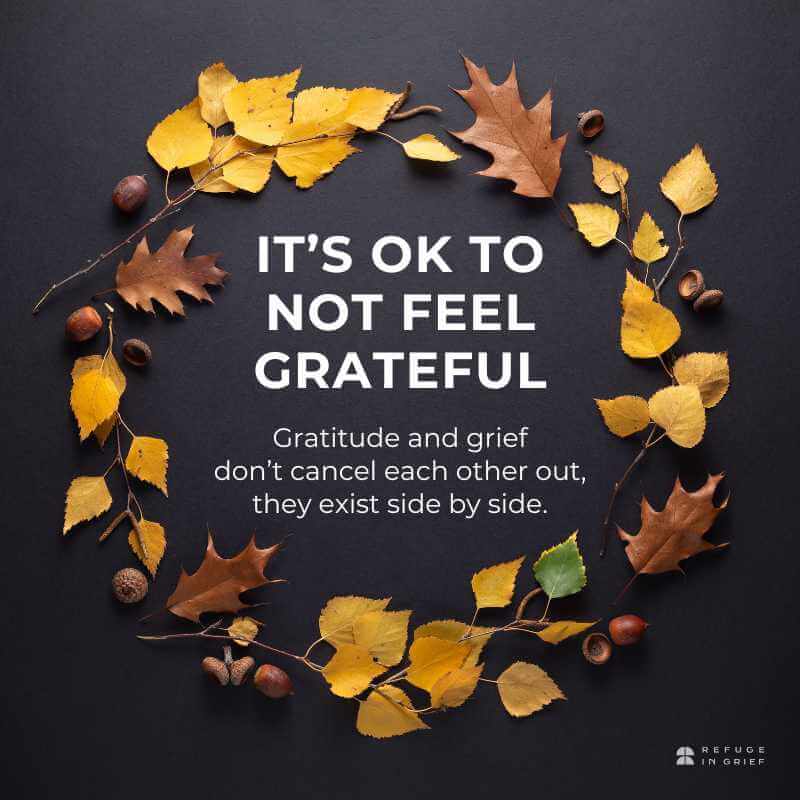grief isn’t broken: it can’t be fixed.
 In the first few months after Matt died, someone told me I would “do better” if I just turned away from the hole in my life. And as nicely as I could, which probably wasn’t very nicely at all, I told them that the hole was my life; that I needed to find ways to stay with it, to stay beside that gaping hole, to find ways to stay present with it and not just skip over it.
In the first few months after Matt died, someone told me I would “do better” if I just turned away from the hole in my life. And as nicely as I could, which probably wasn’t very nicely at all, I told them that the hole was my life; that I needed to find ways to stay with it, to stay beside that gaping hole, to find ways to stay present with it and not just skip over it.
Pain and grief are part of life. They’re part of love. And no part of love just gets dismissed like it was nothing.
If you’re in pain, I bet a lot of well-meaning people in your life have encouraged you to move forward, turn away from the pain, make a new start. These things are not helpful. I know people mean well, but there are things in life that need acknowledgment, not repair. There are some things that can’t be fixed. They can only be carried.
Living alongside grief, caring for yourself inside grief – those are the real challenges to your heart and mind. Instead of talking about how to get out of grief, we need to be in here with grief. Not turn away.
What will help you in your grief is you, knowing yourself, listening to what is true for you, responding with care and tenderness to your own needs. Listening to your own heart will guide you through this. There’s no false goal of moving through and away from your loss as if it were just a blip on the radar screen instead of the whole radar itself.
Of course you want a road map, especially when the pain is new and fresh and intense. But there is no map. There is only the compass of your own heart. Your way in this will be made by you and for you, not by anyone else. Finding ways to hear yourself – that’s the true work. It’s not a solution, because there is nothing to be fixed.
Giving, and finding, support-without-solving is tricky. All we can really do is acknowledge the difficulty – how hard it can be to listen to our own hearts amidst the cacophony of “fixing.” How hard it can be to truly care for others, to break out of our ingrained social and cultural habits of “fixing” things.
It’s all a work in progress. Our commitment to ourselves, whether as grieving people or as supporters, is not to be perfect, but to continue to stop, slow down, and listen. To tend to our hearts, and not try to fix what isn’t broken.
If you’d like more love and support as you live inside your loss, I invite you to join the Writing Your Grief course. It’s the best place I know to be alone, together, with people who understand loss. Click this link to find the next open session.
 How about you? In what ways do you try to listen to your own heart inside your grief? Let us know in the comments. I love to hear from you.
How about you? In what ways do you try to listen to your own heart inside your grief? Let us know in the comments. I love to hear from you.


